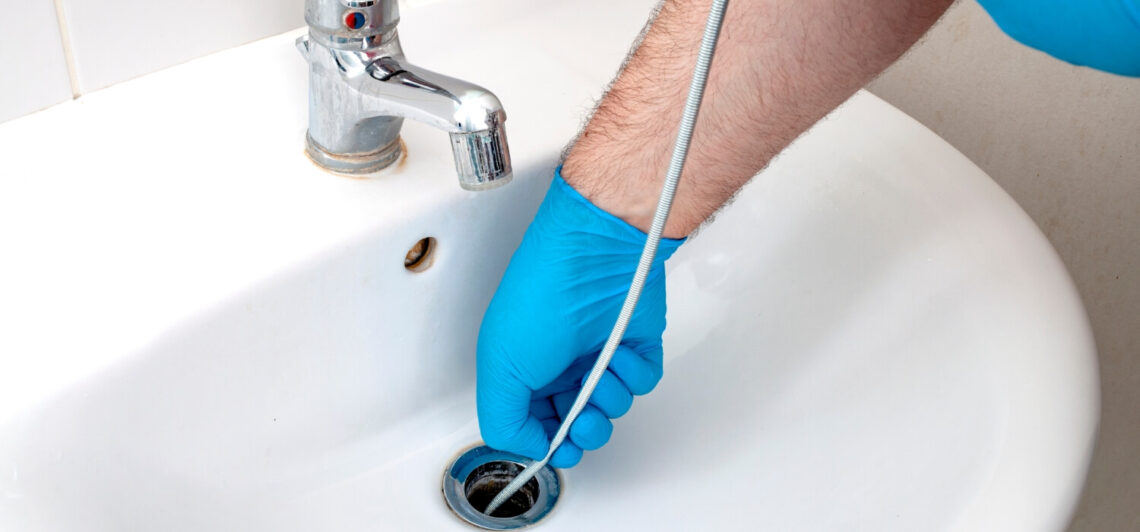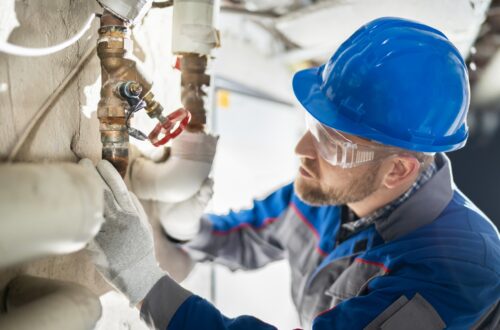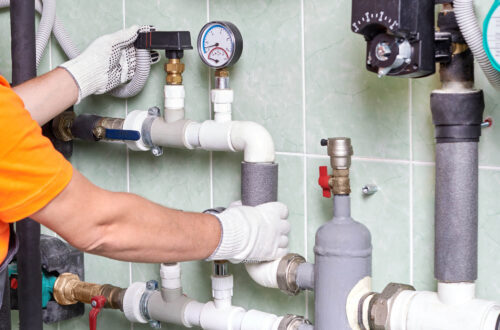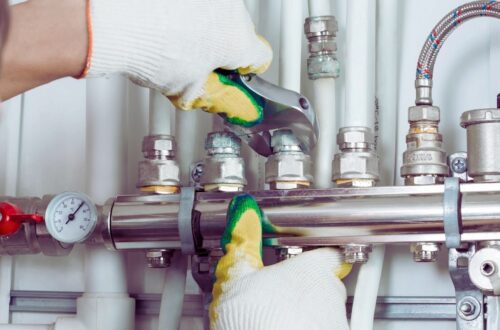Every homeowner knows that owning a house comes with a fair share of maintenance challenges. Among the most crucial — and often most overlooked — is plumbing. While it’s tempting to leave everything to the professionals, having a basic understanding of your home’s plumbing system can save you time, money, and frustration. Whether you’re dealing with a dripping faucet or preparing for a big plumbing renovation, these top 10 tips will help you stay on top of your home’s waterworks.
-
Know Where Your Main Water Shut-Off Valve Is
In a plumbing emergency, seconds count. If a pipe bursts or your water heater fails, you’ll need to shut off the water fast. Find out where your main shut-off valve is located (typically in a basement, crawlspace, or near the water meter) and make sure everyone in the household knows how to operate it.
-
Don’t Ignore Small Leaks
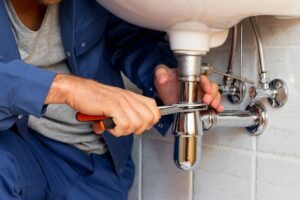 That constant drip from your faucet isn’t just annoying — it’s costly. A single dripping tap can waste hundreds of gallons of water each year. Fixing small leaks promptly not only conserves water but also helps you avoid bigger plumbing problems down the line, such as mold growth or water damage.
That constant drip from your faucet isn’t just annoying — it’s costly. A single dripping tap can waste hundreds of gallons of water each year. Fixing small leaks promptly not only conserves water but also helps you avoid bigger plumbing problems down the line, such as mold growth or water damage.
-
Avoid Harsh Chemical Drain Cleaners
When faced with a clogged drain, many people reach for a bottle of chemical drain cleaner. But these products can corrode your pipes over time and cause more harm than good. Instead, use a plunger or a drain snake for minor clogs, or call a plumber if the problem persists. Natural solutions like baking soda and vinegar can also be effective and gentler on your plumbing system.
-
Be Mindful of What You Flush
Toilets are only meant to handle human waste and toilet paper. Flushing items like baby wipes, paper towels, feminine hygiene products, and even so-called “flushable” wipes can lead to serious blockages. Keep a small trash bin in the bathroom to help reduce the temptation.
-
Install Drain Screens
Hair, food particles, and other debris can quickly clog your drains. Installing inexpensive mesh drain screens in sinks, tubs, and showers is a simple way to prevent unwanted buildup and keep your plumbing system running smoothly.
-
Insulate Your Pipes in Winter
Frozen pipes are a homeowner’s nightmare. When water freezes inside pipes, it expands and can cause the pipe to burst — leading to extensive and costly damage. To avoid this, insulate exposed pipes in unheated areas like garages, basements, and crawlspaces. On especially cold nights, let faucets drip slightly to keep water moving and prevent freezing.
-
Learn How to Fix a Running Toilet
A running toilet isn’t just irritating — it can waste up to 200 gallons of water a day. Often, the problem is a worn-out flapper or a faulty fill valve, which are both inexpensive and easy to replace. A quick fix can save you money on your water bill and extend the life of your toilet’s internal parts.
-
Don’t Over-Tighten Plumbing Fixtures
It might seem logical to tighten fixtures as much as possible to prevent leaks. However, over-tightening can actually crack pipes or strip threads, leading to bigger plumbing issues. When installing new fittings or making repairs, snug them just enough to prevent leaks — no need to go overboard.
-
Flush Your Water Heater Annually
Sediment buildup in your water heater can reduce efficiency and shorten its lifespan. Flushing the tank once a year removes this buildup, improves heating performance, and helps avoid issues like strange noises or inconsistent water temperature. Be sure to follow the manufacturer’s instructions or hire a licensed plumber for assistance.
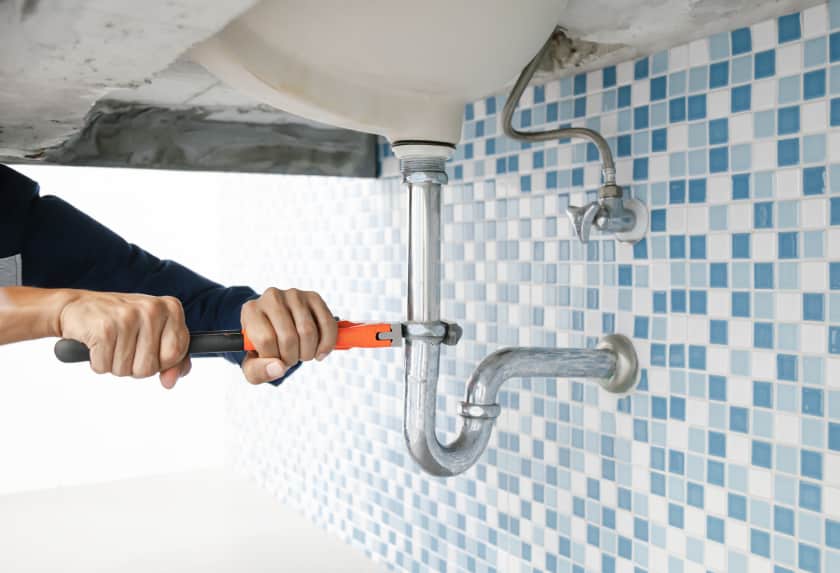
-
Keep a Basic Plumbing Toolkit
You don’t need to be a professional plumber to tackle minor issues. A basic plumbing toolkit should include a plunger, pipe wrench, adjustable wrench, plumber’s tape, and a drain snake. With these tools on hand, you can address small problems before they turn into costly repairs.
While some plumbing jobs are best left to the experts, many common household issues can be handled with a little know-how and preparation. By following these top 10 plumbing tips, you’ll not only gain confidence as a homeowner but also save money and keep your home’s plumbing in great shape.
Remember: prevention is always cheaper than repair. Stay informed, stay prepared, and don’t hesitate to call a professional when a problem feels too big to handle on your own.
